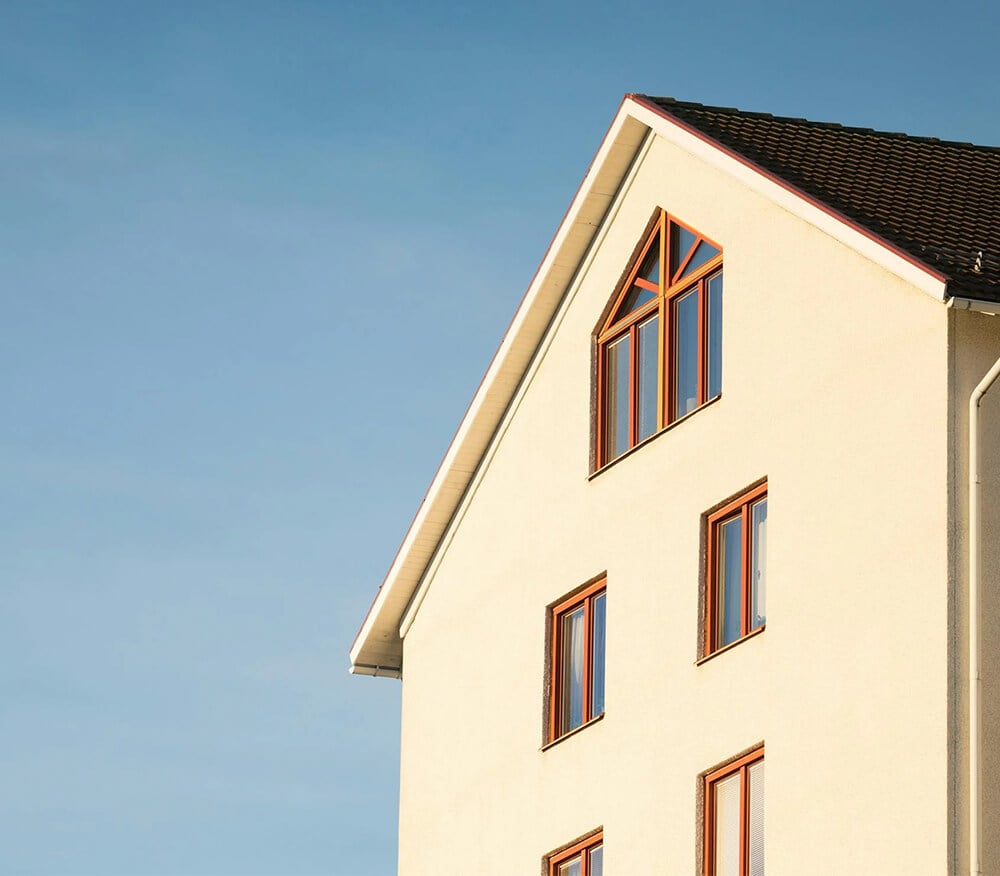Table of Contents
As entities that oversee the management and maintenance of communal spaces in a building complex or a neighbourhood, Homeowners’ Associations (HOAs) bear significant financial responsibilities for the communities they serve. Between maintaining the grounds, insurance, and common utilities, and managing the overall finances of a building or a neighbourhood, it’s little wonder that the community coffers are nearly always empty when it comes to financing big, once-off projects.
Although a special fee can always be imposed to raise the funds necessary for a big improvement project that would benefit the community, it’s almost never convenient or efficient to raise these funds at short notice, even when maintenance is urgent. This article explores how alternative financing for homeowner’s associations can be used to enhance community living in circumstances like these.
What would you need financing for a Homeowner’s Association?
HOAs are responsible for a host of cost-intensive maintenance efforts, most of which are made possible through the regular collection of contributions from fellow residents. However, one of the chief benefits of alternative financing is that it can expedite project timelines and help residents avoid paying a special fee upfront for large-scale renovations or maintenance jobs.
Infrastructure maintenance and development
One of the most common reasons for an HOA to seek additional funding is for the maintenance and improvement of infrastructure that serves the entire community. Common areas such as roads, pavements, parks, and recreational facilities can deteriorate over time, especially if they are not regularly maintained.
Not only do unkempt sidewalks and dilapidated parks make a neighbourhood undesirable to live in, but they can pose a public safety issue as well. Playground equipment can quickly become outdated and unsafe if it is not assessed and maintained properly, and broken or damaged fencing can cause a breach in neighbourhood security.
Regular dues collected from homeowners may not be sufficient to cover any significant repairs or upgrades, especially if they were unplanned. However, factors like extreme weather and road accidents can cause major damage overnight, potentially leaving concerned residents without recourse to restoring common areas to their former condition.
In instances like these, securing alternative financing poses a convenient and cost-effective means of funding large-scale repairs or expansions to restore safety and security to the community that an HOA serves. By securing these funds, the HOA can enhance the quality of life for residents and maintain property values.
Buffing up security measures
Safety and security are paramount concerns for any residential community, but most especially those in South Africa. It’s no secret that the country’s major cities are vulnerable to extraordinarily high rates of crime, including muggings, break-ins, and car theft.
HOAs often implement security measures that protect the entire community, including street surveillance cameras, neighbourhood watch groups, improved lighting, and access control gates. However, these measures can be expensive to implement — that is, unless the HOA applies for alternative financing to help fund security upgrades.
These improvements not only bring peace of mind to existing residents by acting as a deterrent to would-be vandals and criminals, but a safer community is also more appealing to prospective home buyers. Ultimately, this may positively impact property values.
Legal and administrative costs
HOAs must navigate various legal and administrative challenges ranging from compliance with municipal regulations to handling inter-residential disputes and managing contracts with service providers. The associated legal fees and administrative costs can quickly add up, inviting an unwelcome strain on the HOA’s budget.
Quick and simple access to business funding can provide some much-needed financial flexibility to effectively manage these expenses as and when they come up. The funding can effectively be used to extend the existing budget, making it possible to hire a legal consultant to ensure compliance with new regulations or upgrade administrative systems to reduce the burden on volunteer board members.
HOAs must navigate various legal and administrative challenges, including compliance with local regulations, handling disputes among residents, and managing contracts with service providers. Legal fees and administrative costs can quickly add up, straining the HOA’s budget.
Access to business funding can provide the financial flexibility needed to manage these expenses effectively. For instance, an HOA might use the funds to hire a legal consultant to ensure compliance with new regulations or to resolve a complex dispute. Similarly, the funding could be used to upgrade administrative systems, improving efficiency and reducing the burden on volunteer board members.
Communal amenities and services
Many HOAs invest in community amenities and services to attract and retain residents. Enhancing amenities like fitness centres, clubhouses, green spaces, organised social events, and recycling initiatives can significantly improve the quality of life for residents, fostering a robust sense of community and belonging while making a positive wider impact.
Alternative funding can support the development or expansion of existing amenities, like establishing a new community garden in common areas or upgrading a community centre to host events and wellness programs to further strengthen interpersonal bonds and enrich community life.
The ideal solution for financing Homeowner’s Associations in South Africa
There are a plethora of practical reasons why an HOA would benefit from alternative funding, but they all essentially come down to the same community spirit: forging bonds between neighbours in pleasant and safe common spaces.
While many of these efforts can easily be funded by the regular collections taken by HOAs, there are some projects — like upgrading neighbourhood security systems, or repairing the fencing of a communal park — that require an injection of capital upfront while keeping cash flowing in the everyday operations of the HOA.
In these instances, the ideal financing solution for HOAs in South Africa is one that is fast and flexible enough to finance community improvements without extending project timelines (or budgets). That’s where Bridgement’s range of alternative funding solutions comes in.
It takes just 2 minutes to apply to a Bridgement facility online and, within 24 hours or less, you can access up to R5 million in financing. Check out our business line of credit facility, a flexible funding option ideal for organisations like local HOAs.







